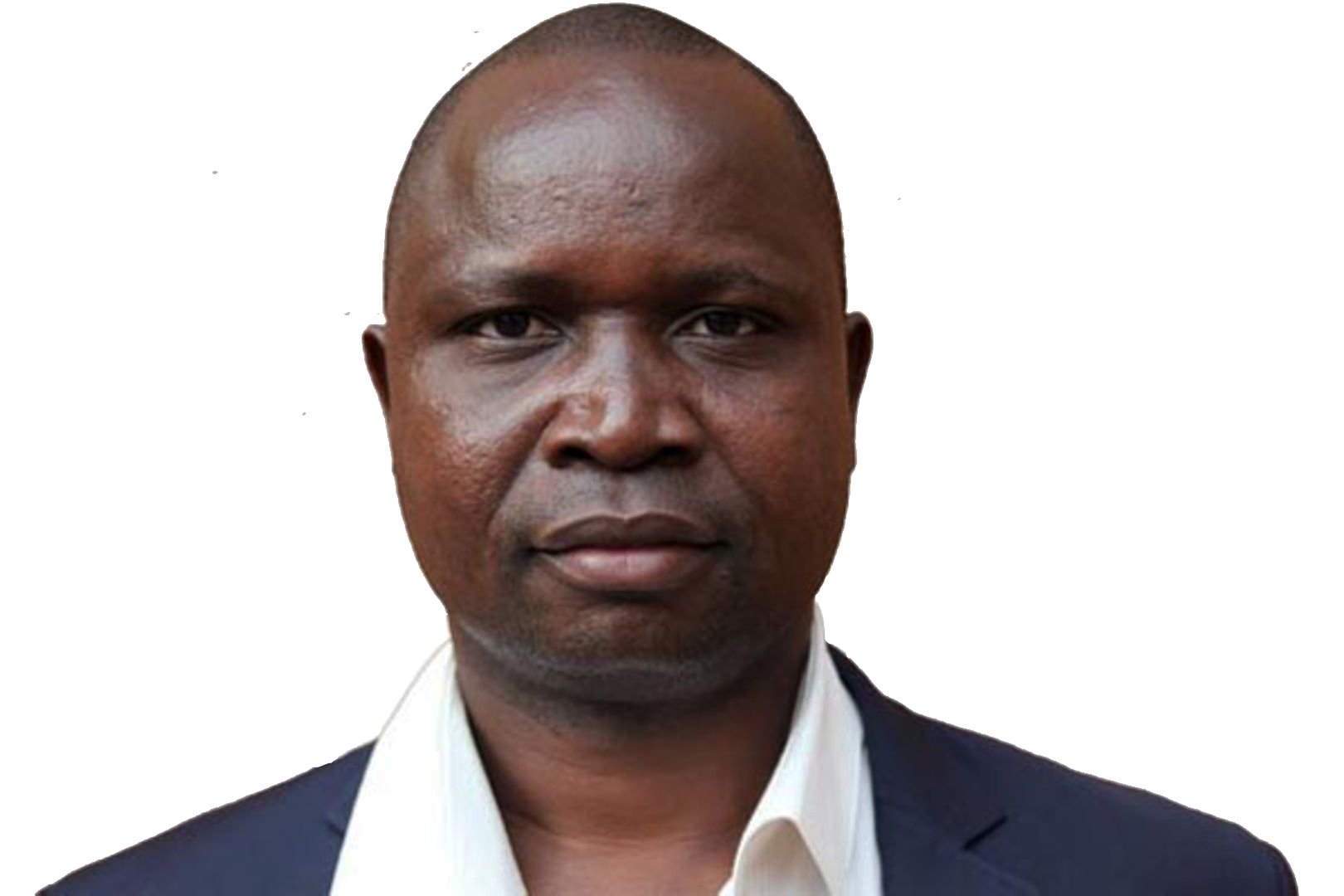Prime
Criticism of Anti-Homosexuality Act is based on on falsehoods

What you need to know:
- Would the EU and the US prefer sovereign parliaments in Africa that legislate for the interests of Europe and America or for the interests of their own citizens first?
- It is important to clarify that whereas there is a rush to link the law to the denial of medical services to anyone, the Act, in fact, has no such provision whatsoever.
Following the President’s assent to the Anti-Homosexuality Act, we have witnessed a torrent of criticism of the legislation from our partners led by the United States President Joe Biden, Mr Josep Borrell Fontelles for the European Union, and Mr Andrew Mitchell for the United Kingdom, among many others.
After carefully reading their statements, I am convinced their ideas about the law are unfortunately not based on its actual provisions.
President Biden said as a result of the Act, “innocent Ugandans now fear going to hospitals, clinics, or other establishments to receive life-saving medical care lest they be targeted by hateful reprisals”.
Whereas the law criminalises homosexuality, it does not in any way alter the confidential doctor-patient relationship, governed under the hippocratic oath, and the Constitutionally guaranteed right to life, which includes the right by anyone, including homosexuals, to seek and obtain treatment anywhere in Uganda.
It is important to clarify that whereas there is a rush to link the law to the denial of medical services to anyone, the Act, in fact, has no such provision whatsoever.
Section 3 of the Act very specifically lists the circumstances in which the death penalty, erroneously said to be generally applying to all persons convicted of homosexuality, to actually only punish cases of child sexual abuse, among other violations of the vulnerable including the elderly, persons living with mental disabilities, among others.
There is no section of the Act in which the crime of homosexuality, without the ingredient of child victims, is punishable by death. In Uganda, the protection of children from all forms of harm is dear to the citizens, which is why their representatives enacted this law to create a safe environment for all children.
Mr Fontelles had criticized the law because “it introduces severe punishments, including the death penalty to which the EU is opposed in all circumstances…” It is hoped that the position of the death penalty is now clarified.
Then there was the reference to the Bill being poised to frustrate anti-HIV/Aids efforts as stated by Mr Mitchell for the United Kingdom when he said the legislation will “set back the fight against HIV/Aids.”
This is to give assurances to Mr Micthell that there is nothing in the Act that speaks to the halting of medicare or discrimination of of people living with HIV/Aids whatsoever.
Parliament is, in fact, surprised that there is this idea being impressed upon the world that the Act as intended to frustrate the fight against HIV/Aids, but interestingly, none of the critics actually point out which particular section condemns people living with HIV/Aids, because none exists.
This line has unfortunately been picked by Ms Winnie Byanyima – the Executive Director of UNAIDS, who in a joint statement claimed without specific reference to any sections in the Act, that “Uganda’s progress on its HIV response is now in grave jeopardy” and that “the Anti Homosexuality Act 2023 will obstruct health education and the outreach that can help end Aids.”
For Ms Byanyima to misrepresent the Act and peddle the unfounded reference to the enactment as being against persons living with HIV/Aids is very interesting.
While her diplomatic stature means there’s a spread of constituencies she must appeal to, is it quite absurd that she elects to misrepresent a matter involving her country of origin.
Was it not possible for her to take extra care and at least make factual criticism, instead of joining the lambasting party without actual basis?
It is actually those who want to withhold support to the largely successful HIV /Aids interventions in Uganda who are intent on killing HIV / Aids patients on the basis of falsehoods.
Uganda’s Parliament is sovereign and whereas that does not necessarily mean it will not engage with other stakeholders, the voice that ultimately reigns supreme must be that of the people who sent the representatives to legislate on their behalf.
The flurry of messages calling for this terse action or the other against a Parliament lawfully established, dutiful to its citizens being sovereign, does not sit well with the cherished principle of sovereignty – which envisages states to have the discretion to manage their affairs including the legislative processes, without undue influence and arm-twisting.
It is actually all the more absurd that democratic decisions of an independent Parliament can lead to the review of assistance to persons living with HIV/Aids.
Would the EU and the US prefer sovereign parliaments in Africa that legislate for the interests of Europe and America or for the interests of their own citizens first?
Mr Chris Obore is the Director Communication and Public Affairs, Parliament of Uganda.




